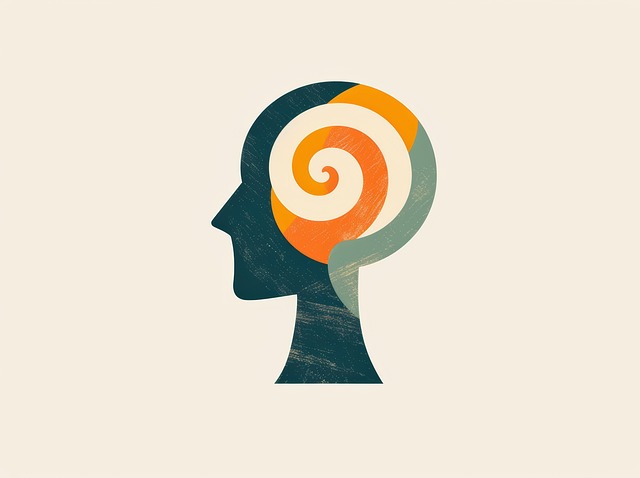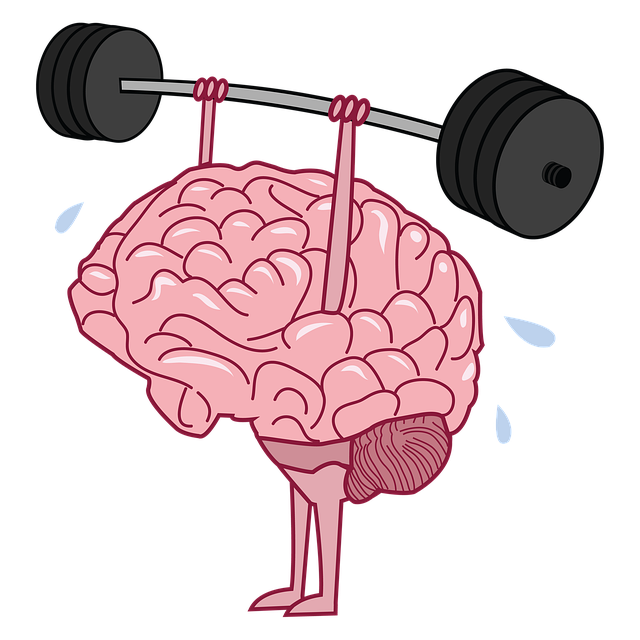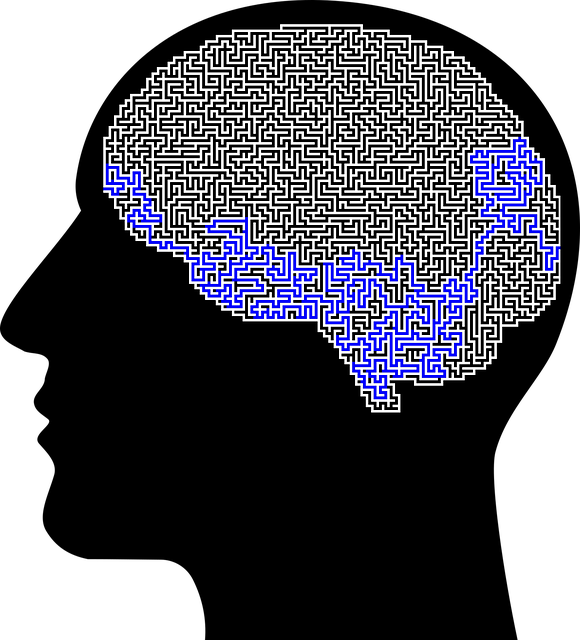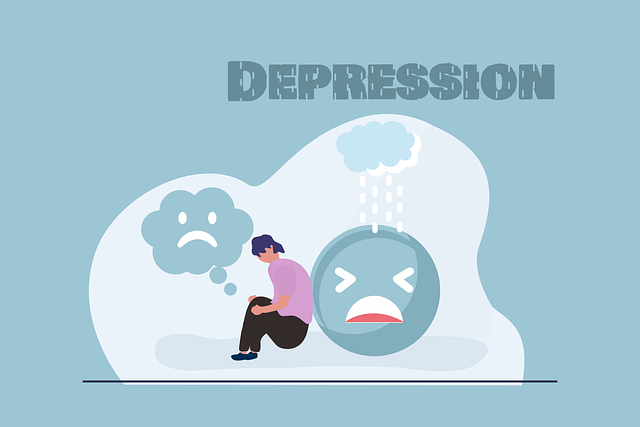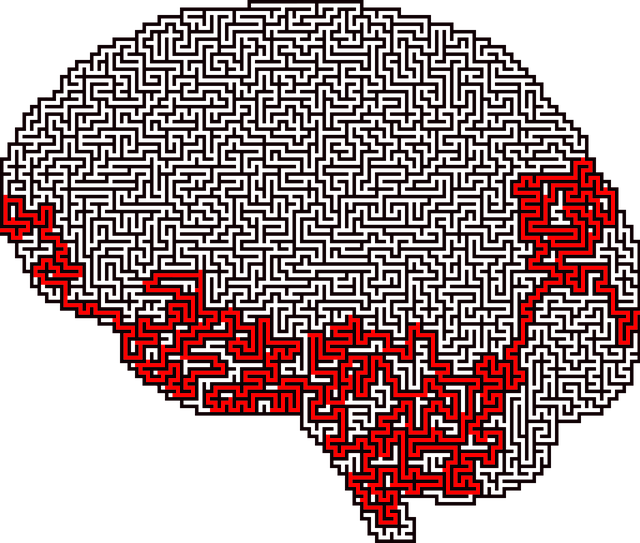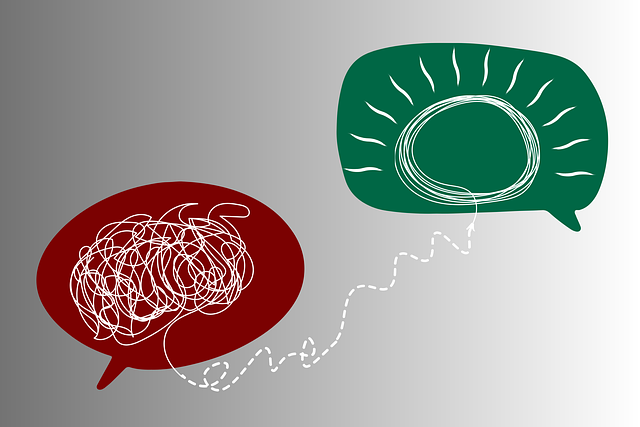Boulder Child Abuse Therapy (BCAT) employs the Resourceful Fulfillment Model (RFM) to build resilience in children who have experienced trauma, such as abuse. This structured approach focuses on adaptability, growth, and thriving despite hardships, empowering kids with coping mechanisms, self-regulation strategies, and positive ways to express emotions through creative arts therapy, mindfulness practices, and cognitive behavioral techniques. BCAT prioritizes a safe, supportive environment and collaborative, multidisciplinary care, fostering strong therapist-client relationships for effective immediate and long-term healing.
In today’s challenging world, building resilience is paramount, especially for children affected by abuse. This article explores the powerful tool of RFM (Resourceful Functioning Model) and its role in fostering resilience. We delve into resilience-focused exercises tailored for these young individuals, drawing from the effective Boulder Child Abuse Therapy Approach. By understanding the model’s mechanisms, we can enhance our support systems, ensuring children not only survive but thrive amidst adversity, with a focus on practical implementation strategies.
- Understanding RFM and its Role in Resilience Building
- Resilience-Focused Exercises for Children Affected by Abuse
- The Boulder Child Abuse Therapy Approach: Practical Implementation
Understanding RFM and its Role in Resilience Building

Resilience is a vital asset in navigating life’s challenges, and RFM (Resourceful Fulfillment Model) offers a structured approach to fostering this strength, especially for individuals who have experienced trauma, such as child abuse. This model recognizes that building resilience involves equipping people with resources and skills to cope effectively. By focusing on an individual’s ability to adapt, grow, and thrive despite hardships, RFM serves as a powerful tool in therapy and healing processes, particularly within the context of Boulder Child Abuse Therapy.
In the realm of self-care routine development for better mental health, RFM guides individuals to identify their personal resources, which can range from social connections and coping strategies to innate strengths and values. Trauma support services often integrate these principles to enhance empathy building strategies, enabling people to develop a deeper understanding of their resilience and that of others. This process encourages individuals to recognize their ability to overcome adversity, fostering a sense of empowerment and a more positive outlook on life.
Resilience-Focused Exercises for Children Affected by Abuse

Children who have experienced abuse require specialized support to build resilience and heal. Boulder Child Abuse Therapy offers a range of exercises tailored to help young individuals process their traumas effectively. These resilience-focused interventions aim to empower children by teaching them coping mechanisms, self-regulation strategies, and positive ways to express emotions.
One such approach involves creative arts therapy, which allows kids to explore and externalize their feelings through art, music, or movement. This can be particularly beneficial for those who may struggle to verbalize their experiences. Additionally, mindfulness practices and cognitive behavioral techniques are incorporated into the therapy process, helping children develop a sense of safety, trust, and control while promoting better mood management and reducing burnout prevention strategies for healthcare providers facing complex cases.
The Boulder Child Abuse Therapy Approach: Practical Implementation

The Boulder Child Abuse Therapy (BCAT) Approach is a practical and effective methodology designed to help children heal from trauma and build resilience. This therapeutic approach prioritizes creating a safe and supportive environment, tailored to each child’s unique needs. By fostering strong relationships between therapists and clients, BCAT encourages open communication, allowing children to express their feelings and experiences at their own pace.
Implementing the BCAT strategy involves a multidisciplinary team, including healthcare providers with specialized training in mental health education programs design. This collaborative effort ensures comprehensive care, addressing not just the child’s immediate needs but also fostering long-term resilience. The focus on building confidence and self-esteem is integral to the process, empowering children to navigate challenges and adversity in healthy ways.
Resilience is a powerful tool for recovery, and the Boulder Child Abuse Therapy approach emphasizes this through tailored exercises. By combining Understanding RFM with resilience-focused activities, we can effectively support children affected by abuse. The practical implementation of these strategies, as demonstrated by the Boulder Child Abuse Therapy model, offers a promising path forward in building resilience and fostering healing.


